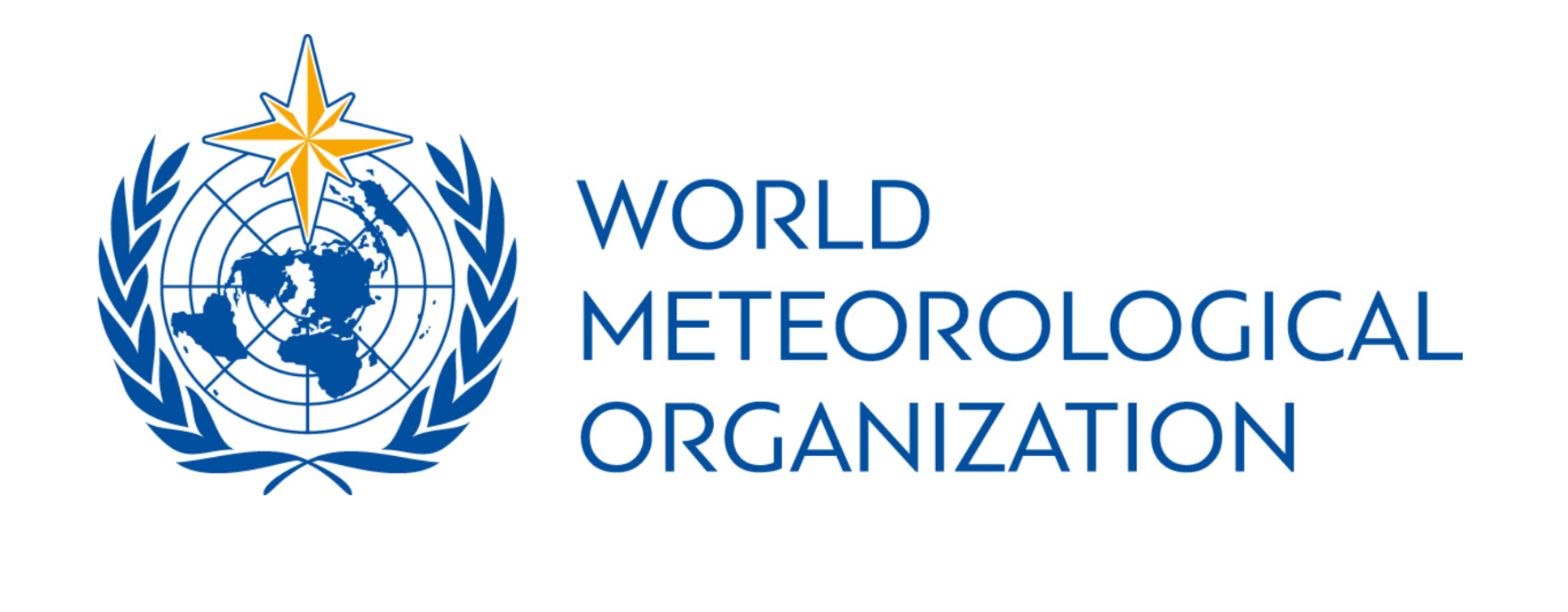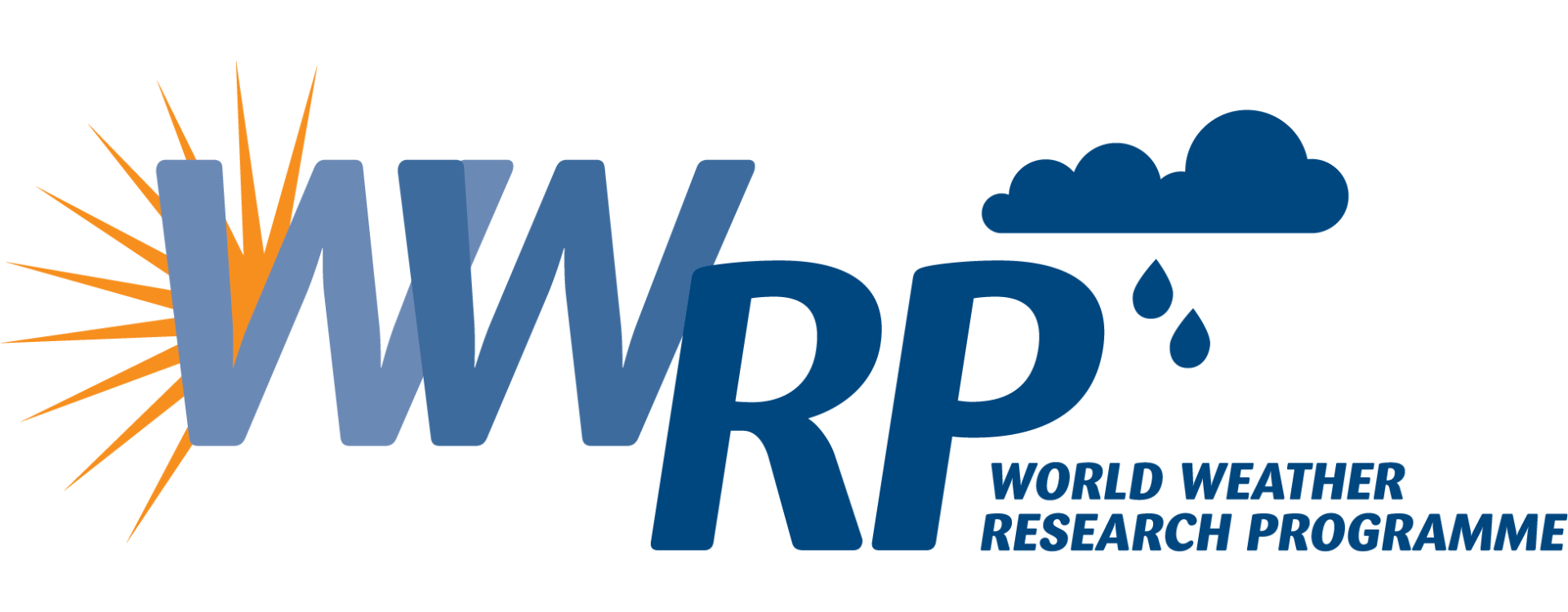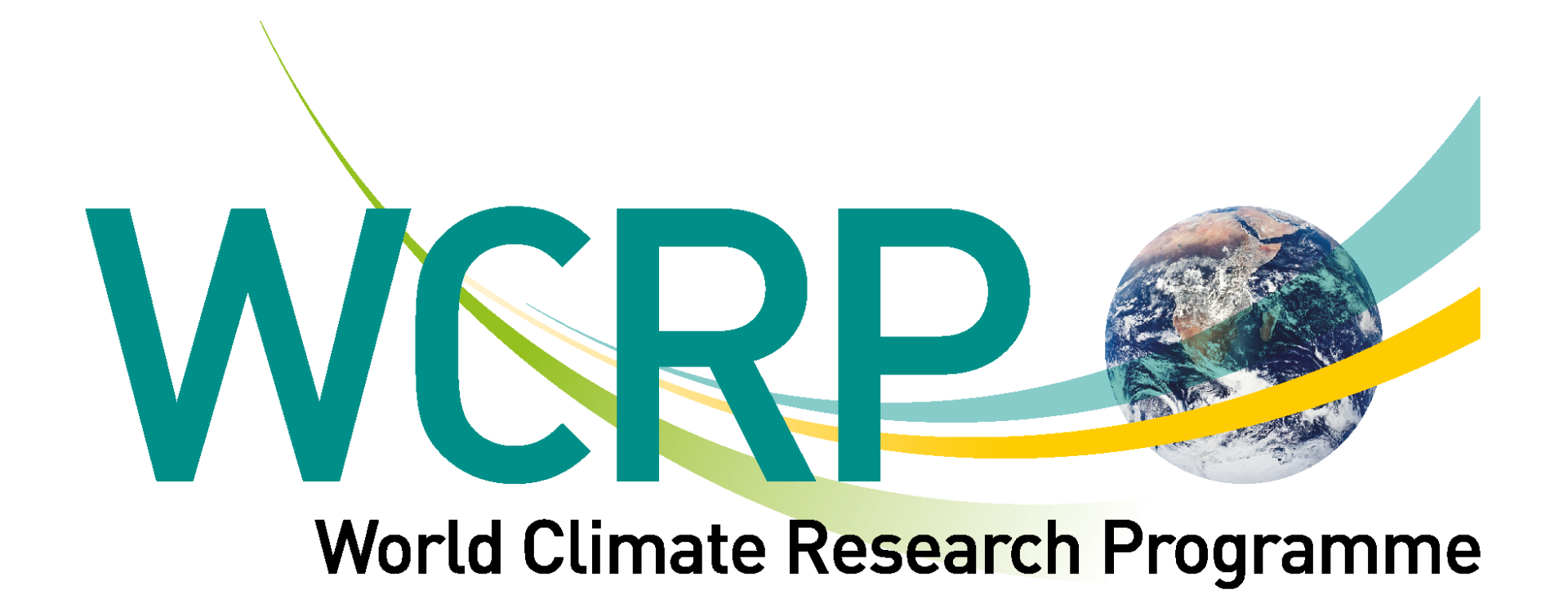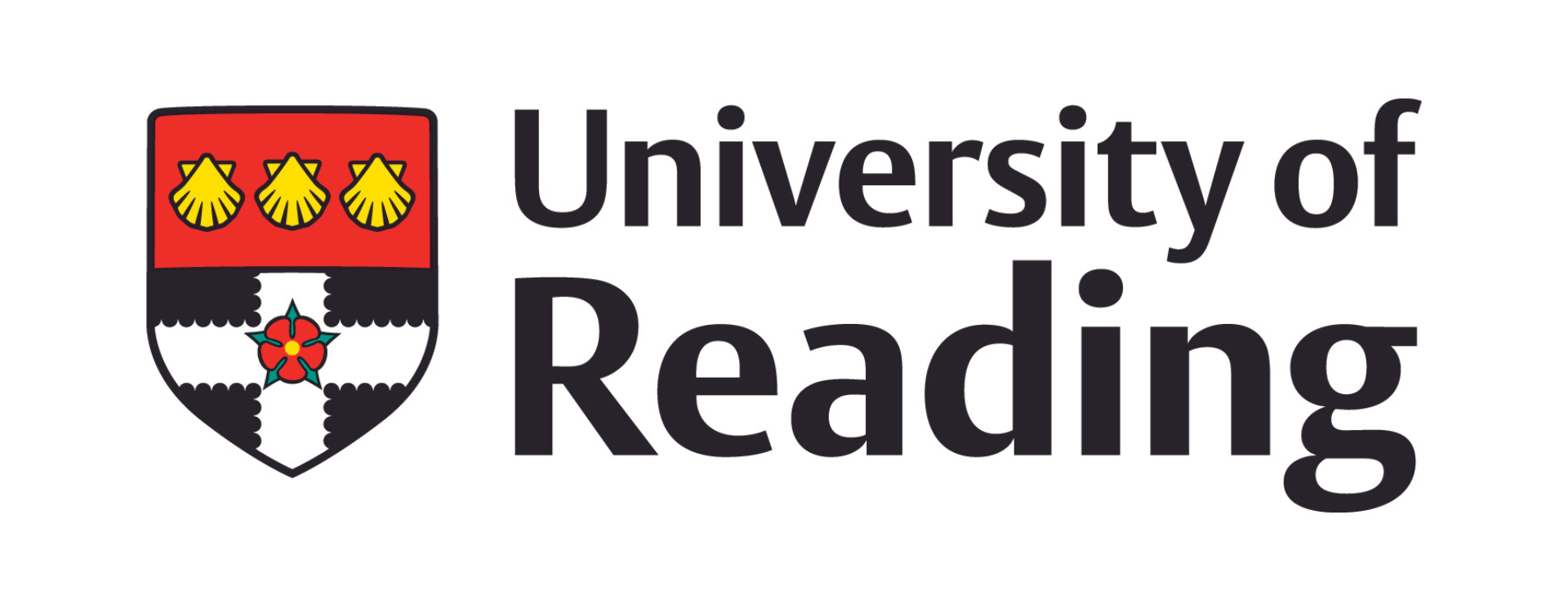Abstract ID: 105
Extended-range warnings for heatwaves in Switzerland (HEATaware)
Lead Author: Dominik Büeler
ETH Zurich, Switzerland
Keywords: Heatwaves, Early warning, Switzerland, Public health, Alpine hazards
Abstract: Heatwaves in Switzerland have various impacts on human health, forests, and aquatic ecosystems. Moreover, they might act as final triggers for high-Alpine hazards such as glacier break-offs and rockfalls, because they can accelerate the slowly growing disturbance of the Alpine permafrost layer due to climate warming. Heatwaves often occur concurrently with drought, which can impact agriculture, reduce lake and river shipping due to low water levels, and reduce nuclear power generation due to shortage of cooling water. As heatwaves have become and are expected to become even more common with climate change, it is crucial to predict their occurrence ahead of time and to issue warnings for stakeholders and the general public. While heatwave warnings several days ahead have already been established as a reaction to more frequent hot summers in recent years, warnings with longer lead times would allow for even better preparations and thus have the potential to significantly reduce negative impacts of heat. The goal of this new interdisciplinary project is thus to assess the potential of heatwave prediction and warnings for Switzerland on timescales up to several weeks. The project will first explore physical-statistical pre- and post-processing methods to optimize the skill horizon of heatwave predictions for Switzerland. In a second part, the project will evaluate the potential benefits of early warning products for sectors that are directly linked to human lives and livelihoods. The project will thereby focus on predicting heat-related morbidity and mortality as well as heat-related Alpine hazards. Drought predictions and warnings will be investigated in a last part of the project. The aim of our presentation is to demonstrate the current status of operational heatwave prediction in Switzerland, to introduce the project in more detail, and to provide some first results.
Co-authors:
Maria Pyrina (Institute for Atmospheric and Climate Science, ETH Zurich)
Valérie Chavez (University of Lausanne)
Mark A. Liniger (Federal Office of Meteorology and Climatology MeteoSwiss)
Lionel Moret (Federal Office of Meteorology and Climatology MeteoSwiss)
Christoph Spirig (Federal Office of Meteorology and Climatology MeteoSwiss)
Ana Maria Vicedo-Cabrera (University of Bern)
Michael Lehning (Ecole Polytechnique Fédérale de Lausanne / WSL Institute for Snow and Avalanche Research SLF)
Daniela I. V. Domeisen (Institute for Atmospheric and Climate Science, ETH Zurich / University of Lausanne)







